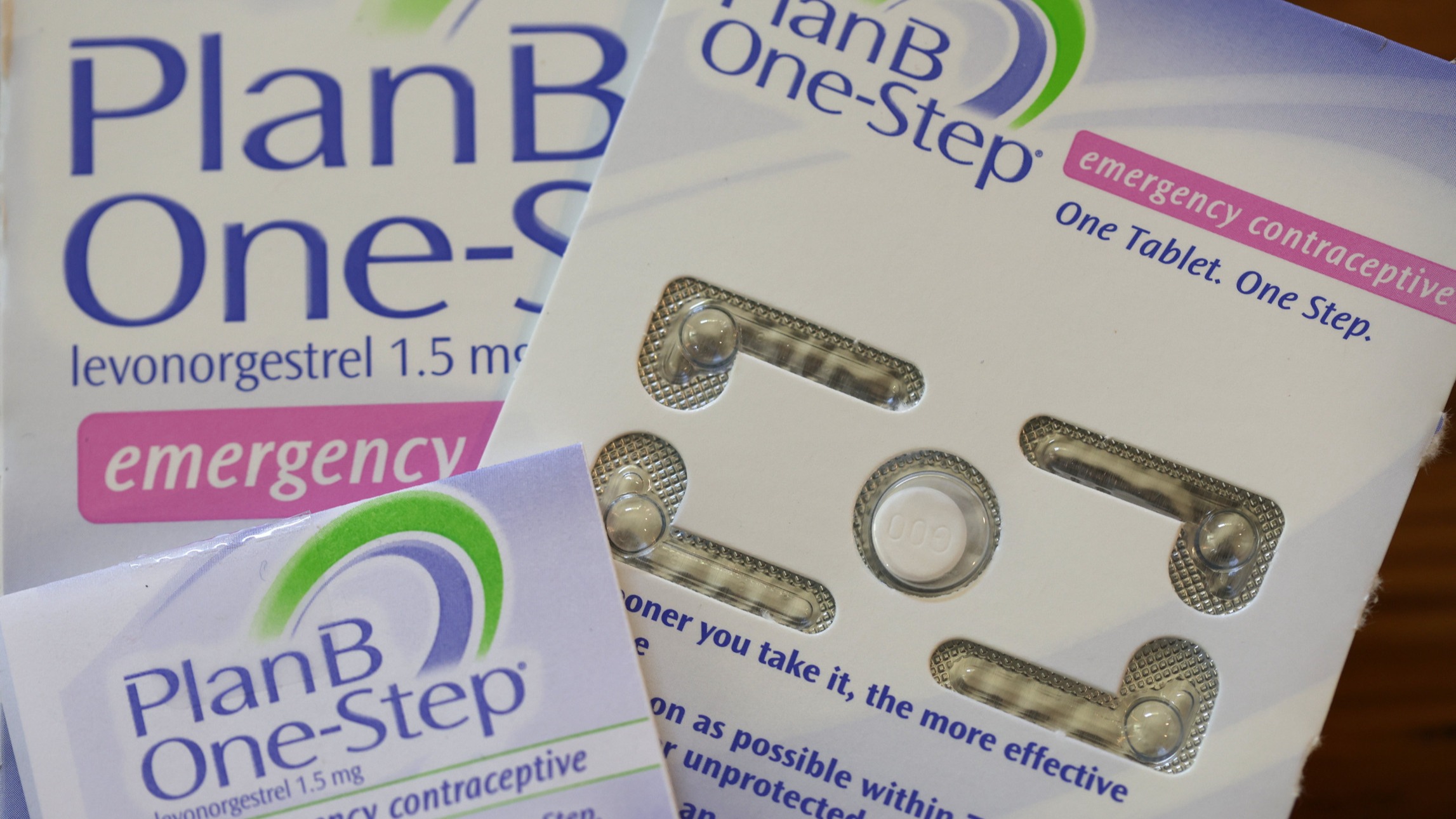
With the persistence of the abortion restrictions in the US, the demand for the morning-after pill is on the rise. Read to know more.
Rising demands for the morning-after pill
Across the US, there is a significant rise in the demand and use of Plan B, or the “morning-after pill” as an emergency contraception method. As per market research data analysis by the Financial Times, it rising through the last five years. As per the report, last year alone, over 16 million units of medication were sold. The sales are about 59 percent more from 2018. As per data supplier Symphony Health, during the same period, sales of condoms and prescription oral contraceptives saw a dip of 18 and 15 percent respectively.
Moreover, the report is estimating the number based on commercial insurance claims and retail sales in addition to other parameters. They are reflecting a significant change in how Americans are accessing reproductive health services following the restrictions. The reduction of abortion rights are growing since the Supreme Court’s decision to overturn Roe v. Wade in 2022.
What is the single-dose “Plan B”?
Plan B or the morning-after pill is a single-dose drug that delays ovulation with the help of levonorgestrel, a hormone. It works best when taken three days following unprotected intercourse and helps in reducing the chances of pregnancy by 75 to 89 percent. According to Planned Parenthood, it is less effective that birth control pills. Their effectiveness can be as high as 98 percent when taken correctly.
However, the morning-after pill is not recommended for normal conception. But the US Food and Drug Administration (FDA) has not revealed additional concerns about using it along with conventional birth control pills. The increasing dependency on them among young individuals should be combated by boosting outreach and education as per health officials. “The answer is not to restrict Plan B but to open up the doors to other types of contraception and make it easier for people to access information,” stated Dr. Kate White. Dr. White is a gynecologist and associate professor at Boston University’s Chobanian & Avedisian School of Medicine.